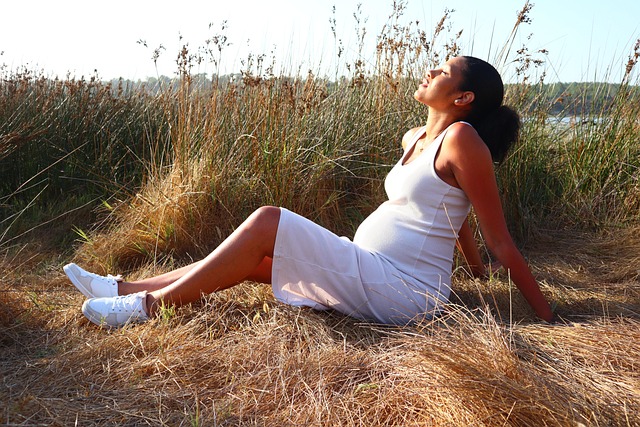So, you’re curious about egg freezing? You’re not alone! Many women have questions like “What’s the cost of freezing eggs?” or “Does it actually work?” or even “Is it the right time for me?” With the growth of egg freezing programs, there’s a lot to learn.
Over the years, egg freezing has become a viable option for women who want to preserve their fertility. Whether it’s due to career commitments, personal choices, or health concerns, more women are considering this option.
If you’re thinking about freezing your eggs, here’s a handy list of facts to help you out:
- Many women freeze their eggs due to health reasons like endometriosis, fibroids, or a family history of early menopause. But the top reason? Wanting more flexibility in future family planning.
- Your age significantly impacts your fertility. As women age, both the quantity and quality of their eggs decline. Egg freezing can effectively pause your fertility clock, so your 30-year-old eggs stay 30-year-old eggs, even if used later.
- At birth, women have about 1-2 million eggs, but that number drops to around 200,000-400,000 by puberty.
- To increase your chances of success, it’s usually recommended to freeze about 15-20 mature eggs if you’re under 37 and 25-30 if you’re over 38 or have diminished ovarian function.
- The egg retrieval process typically takes about two weeks and involves hormone injections to stimulate your ovaries.
- Eggs are frozen using liquid nitrogen and can remain frozen indefinitely, so you can rest easy about future fertility.
- Freezing your eggs won’t deplete your existing egg supply or lead to early menopause!
- Women under 37 typically retrieve about 13 eggs per cycle, so multiple cycles may be needed to hit that ideal number.
- Vitrification, a fast-freezing technique, has been the gold standard since 2009 for preserving eggs.
- At the right age, fertility potential is at its peak (early to mid-30s), but you can freeze eggs anytime between 18 and 40.
- Egg quality declines more rapidly in your late 30s and early 40s, so earlier is generally better.
- The Ovarian Assessment Report (OAR) can help estimate your egg yield based on hormone levels and age.
- Many fertility centers, including ours, have strong success rates with frozen eggs leading to pregnancies.
- The cost of egg freezing can vary widely, so it’s crucial to consider not just price but also the clinic’s quality and experience.
- Many insurance providers cover diagnostic tests and consultations, so check your benefits.
- We offer unique financial programs, like flat-fee guarantees, to help make the process more affordable.
- Medication costs can vary based on individual needs and some insurance plans may help cover these expenses.
- There are financing options available to help with the cost of egg freezing.
- New programs may offer lower monthly payments for egg freezing cycles, making it more accessible.
- With over 50,000 babies born through our programs, we strive to provide personalized care for every unique journey.
- If you want to learn more about dealing with loss or navigating your fertility journey, check out our post on navigating the heartache of miscarriage.
- Explore resources like this one on IVF for additional insights into fertility treatments.
In summary, egg freezing offers women a chance to take control of their reproductive futures, allowing for family planning when the time feels right. Whether for health reasons or personal choices, it’s a path worth considering.
For anyone looking to explore the option further, the At Home Insemination Kit provides a great starting point for those interested in fertility solutions.

